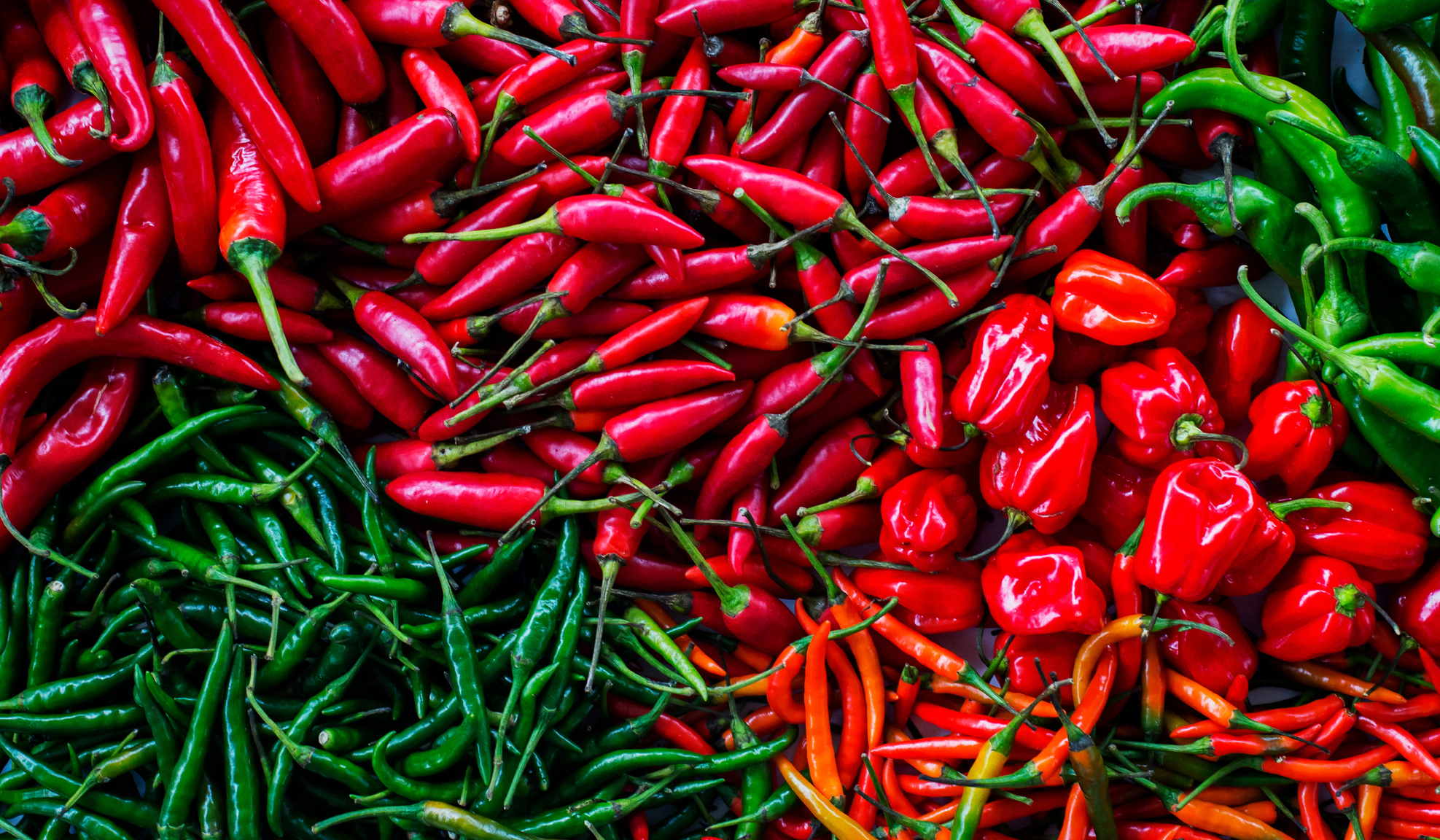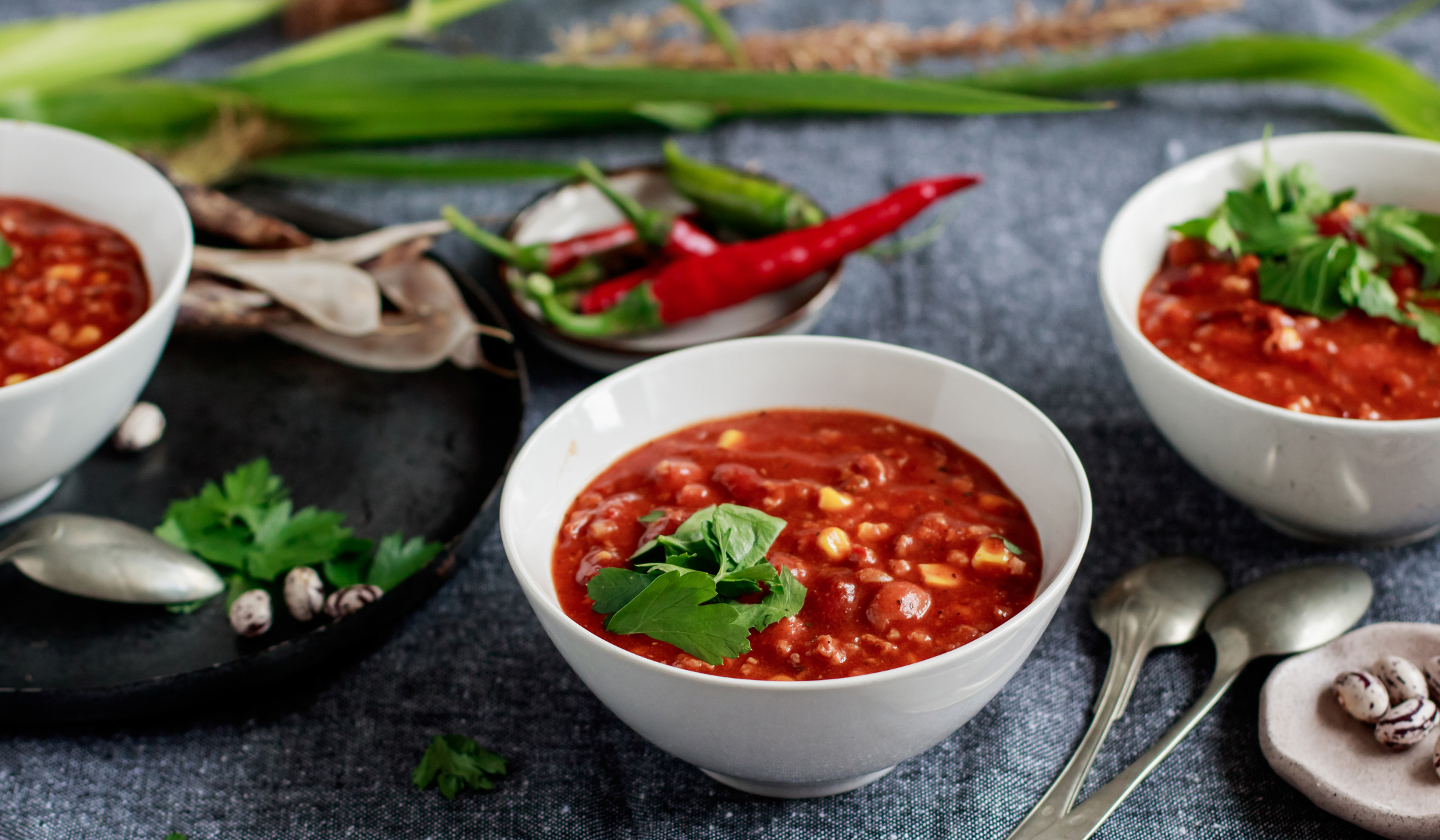Healthy eating: The secret ingredient that fights cancer and heart disease
The humble chilli pepper is a cancer and heart disease-fighting superfood. Here's why


Over the last few years, foods dubbed "superfoods" – healthy foods and ingredients packed with micronutrients and beneficial properties – have been very trendy indeed. From goji berries and chia seeds to kale and green tea, the loose definition of superfood has changed, but they share a few common properties: they're all natural (you'll never find a cookie on a "best superfoods" list and they tend to be full of antioxidants.
One superfood that's always overlooked is the chilli pepper, which has been very recently found to have loads of beneficial properties. Researchers from the American Heart Association (AHA) examined more than 570,000 health records of people from the US, Italy, China and Iran, according to Times Now. The participants who were found to eat chilli peppers on a regular basis were associated with a drop in early death.
In addition to anti-inflammatory properties, chilli pepper eaters correlated with a 23% drop in cancer-related deaths and a 26% drop in risks of death from cardiovascular diseases, like obesity. The unassuming pepper is also associated with a 25% drop in all-cause mortality.
Chillis are high in vitamin C, which is a great antioxidant, vitamin B6, which is key to boosting your metabolism, and vitamin K1, which helps blood clots and maintains healthy bones. They're also high in potassium and copper, which helps neurons and further bone health.

As many chillis are so spicy, we only eat trace amounts of it. For this reason, it's probably worth using more chilli than usual in your dinner recipes, so you can get all these great healthy eating benefits and keep cardiovascular disease and cancer at bay.
If you're not used to the heat of chillis, consider keeping a glass of milk on the side in case things get too spicy. Water, as a polar molecule, will be repelled by the spiciness of the chilli and won't quench the heat, while milk's non-polar molecules will mix with it, lessening the spicy taste.
There's other ways to get your anti-inflammatory benefits if you struggle with spicy foods: For example, the best fish oil supplements or the best supplements for joints contain anti-inflammatory properties alongside loads of healthy fats.
Get the Fit&Well Newsletter
Start your week with achievable workout ideas, health tips and wellbeing advice in your inbox.
Looking for new recipes and ways to make soups, smoothies and shakes? Check out the best blenders list for more ways to fit good nutrition into your busy lifestyle.
Liked this?
Matt Evans is an experienced health and fitness journalist and is currently Fitness and Wellbeing Editor at TechRadar, covering all things exercise and nutrition on Fit&Well's tech-focused sister site. Matt originally discovered exercise through martial arts: he holds a black belt in Karate and remains a keen runner, gym-goer, and infrequent yogi. His top fitness tip? Stretch.
-
 A Pilates instructor says this is the beginner-friendly core exercise everyone should try
A Pilates instructor says this is the beginner-friendly core exercise everyone should tryForget crunches, this is the perfect foundation move
By Alice Porter Published
-
 Prevent poor posture and release tension from sitting down with these four simple stretches from a yoga instructor
Prevent poor posture and release tension from sitting down with these four simple stretches from a yoga instructorThe daily poses he swears by, no matter what
By Alice Porter Published